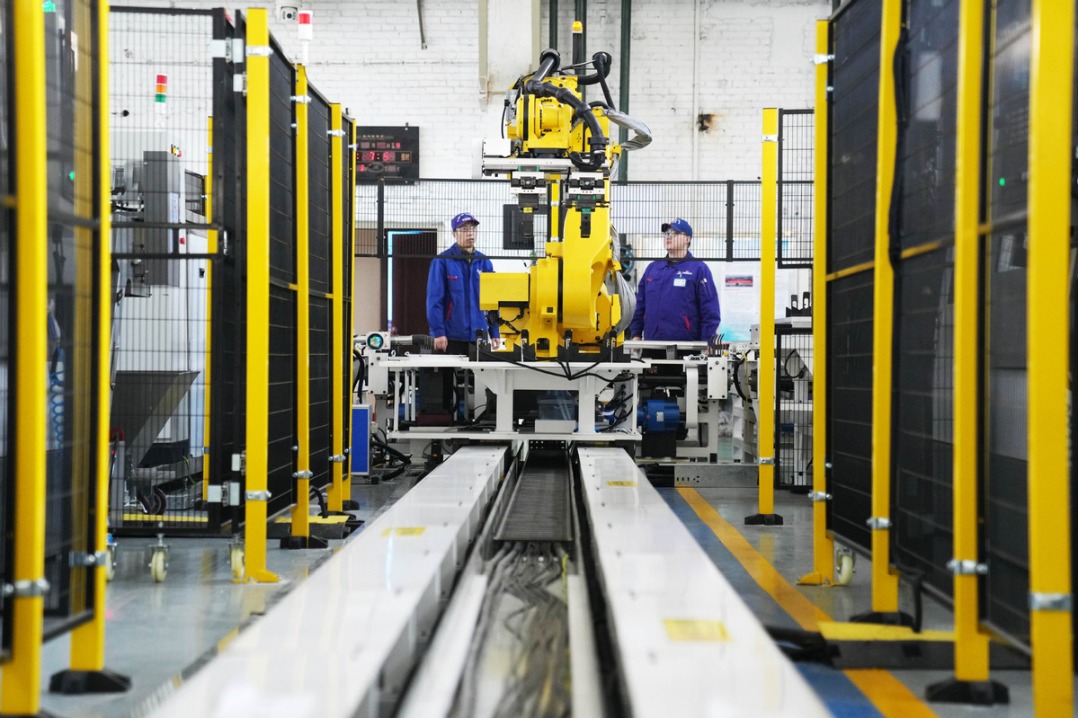Business environment

Guangzhou, the capital of Guangdong province, is a national historical and cultural city, an international business center and an integrated transport hub.
As China's southern gateway, it is located in the geometric center of the Asia-Pacific area, adjacent to the South China Sea, Hong Kong and Macao. Spreading over 7,434 square kilometers, it has a population of over 16 million. For more than 2,000 years, Guangzhou, known as the Millennial Commerce Metropolis, has always been China's most important trading port and was the starting point of the ancient Maritime Silk Road.
With over 30 years of reform and opening-up, Guangzhou relies on openness to promote development and innovation, and has become an important transport hub, logistics and trade center in South China. As a core area for attracting international capital, Guangzhou has been transforming from Millennial Commerce Capital to Modern Commerce Capital.
In 2016, Guangzhou's GDP stood at 1.96 trillion yuan ($296.9 billion), with retail sales of consumer goods reaching 0.87 trillion yuan and foreign trade volume reaching 0.85 trillion yuan. Guangzhou's actual use of foreign capital reached $5.7 billion and overseas investment reached $5.28 billion. Guangzhou has formed an all-round, wide-ranging and multi-level opening-up pattern and become one of the most open and marketized regions.
At the end of 2016, the United Nations released two reports showing that Guangzhou is the world's fastest-growing mega-city and tops the list on UNDP's Human Development Index. In the Chinese Cities of Opportunities Report 2016 jointly released by PwC and China Development Research Foundation, Guangzhou ranked first again.
The main advantages of the investment environment in Guangzhou are as follows:
I. Well-equipped infrastructure
As a harbor city, Guangzhou Port's cargo throughput in 2016 reached 540 million metric tons and container throughput reached 18.85 million TEUs in, which ranked sixth and seventh in the world.
In terms of the airport, Guangzhou Baiyun International Airport is a hub for the Belt and Road Initiative. Handling more than 59.78 million passengers, it was the third busiest airport in China in 2016.
In railways, Guangzhou railway hub is one of China's four major rail centers.
In highways, Guangzhou is a national highway hubs and one of the most connected cities in the national expressway network.
As an information port, Guangzhou is one of China's three largest major communication hubs, a major internet switching center and exporter of international internet in the country.
II. Strong industrial base
Guangzhou is now home to 320 enterprise headquarters. The top 10 pillar industries are automobile manufacturing, fine chemical engineering, key equipment, commercial exhibitions, banking and insurance, modern logistics, new generation information technology, bio-medicine, new materials, new energy and energy saving, and environmental protection.
Guangzhou's industrial manufacturing and research and development (R&D) capabilities are second to none in China. In 2016, the added value of advanced and high-tech manufacturing industries increased by 6.6 percent and 7.5 percent. The service industry is growing with added value accounting for 68.6 percent of GDP.
By the end of 2016, 288 Fortune Global 500 companies had invested in Guangzhou, setting up 797 projects.
III. Sufficient innovation and entrepreneurship support
Guangzhou is home to two-thirds of Guangdong province's universities, 97 percent of national key disciplines and all national key laboratories.
Guangzhou is approved as a Self-dependent Innovation Demonstration Area and a Comprehensive Pilot Innovation and Reform Core Area. There are more than 120,000 scientific and technology innovation enterprises, 44 new R&D institutions, and more than 8 million square meters of space for high-tech business incubators. The daily average number of registered trademarks ranks first among sub-provincial cities.
Guangzhou Science City is approved to be among the first batch of Regional Innovation and Entrepreneurship Demonstration Bases. The city has many institutions that can provide strong support and protection for enterprises and individuals. They include Guangzhou Intellectual Property Court, Guangzhou Intellectual Property Trading Centre, the National Trademark Brand Innovation and Entrepreneurship Base, the Trademark Examination Cooperation Center of the State Administration for Industry and Commerce in Guangzhou.
IV. Wealth of institutional innovation
Guangzhou has been approved as a national service trade innovation and development pilot, a domestic trade circulation system reform and development pilot, a cross-border e-business comprehensive pilot area, a national market procurement method pilot as well as other reform pilots. This provides strong endogenous motivation for the city's institutional innovation in different areas.
Relying on the Nansha Pilot Free Trade Zone, Guangzhou explores the establishment of institutional mechanisms, which link up with international investment trade rules. A total of 209 innovation items have been created, 85 of which have been replicated and generalized in the province and the country. The market supervision of corporate information credit platform and other policies has a leading position in China that boosts economic growth and transformation.
V. Convenient government service
Guangzhou currently is focusing on creating a market-oriented, law-based and internationalized business environment and continues to enhance the level of trade and investment facilitation.
The government continues to deepen reform of administration simplification, fair regulation and effective services. A new list of administrative approval procedures was introduced, with 176 items streamlined in 2016.
Guangzhou has launched the "one-window" integration service, put fewer restraints on registration requirements for business entities, and made business registration available throughout the city.
The government has replaced a business tax with a value-added tax. In addition to reducing 52 administrative fees and eight government-managed funds, it also reduced the rate of four social insurances and one housing fund.
In 2016, more than 70 billion yuan was saved for enterprises in Guangzhou. The cost of pre-tax profits per 100 yuan of core business sales of industrial enterprises above state designated scale is 1.9 yuan and 2.9 yuan, lower than the average level of the province and the nation.
Trade facilitation has been improved with the construction of international trade "single window" 2.0 version. There are 13 modules: cargo declaration, declaration of the means of transport, cross-border e-commerce, information query, manifest declaration, international conference and exhibition, international express mail, logistics dynamics, logistics services, import and export licenses, enterprise qualifications, and payment and settlement. These cover businesses in 21 departments, including customs, inspection and quarantine, border inspection, maritime affairs, foreign exchange, taxation, and Hong Kong affairs.
The burden of enterprises has been eased because declaration fees for customs, inspection and quarantine, are exempt from "single window" charges. Also, the pilot work of exempting the lifting, shifting and warehousing costs of foreign trade enterprises has been better organized.
VI. Pleasant living environment
Guangzhou has improved the level of life service facilitation by creating a clean and neat, secure and orderly urban environment. The air quality is the best among China's five central cities and the average concentration of PM2.5 declined by 7.7 percent in 2016. Green coverage has reached 41.5 percent and the forest coverage rate is 42 percent.
Cantonese cuisine is one of the eight major cuisines in China, with a good reputation both at home and abroad, so there is a folk adage in China about "eating in Guangzhou". There are 10 international schools in Guangzhou, and many international medical institutions, catering enterprises, and religious sites. There are 52 museums and memorial halls, including the Guangdong Museum and the Museum of the Western Han Dynasty Mausoleum of the Nanyue King, and 19 public libraries. All of these bring convenient pleasure to investors who live in Guangzhou.
[This English version is only for reference. To learn more, please refer to the authoritative Chinese version.]
MOST POPULAR
- 1 A look at China's economy in Q1 of 2024
- 2 China to remove foreign ownership restrictions in value-added telecom services in pilot areas
- 3 Query service of A Guide to Working and Living in China as Business Expatriates launched
- 4 Clear negative lists to speed up services trade
- 5 Canton Fair opens in China with surge in overseas purchasers
Editors' Picks
 Infographic:
How to understand China's production capacity
Infographic:
How to understand China's production capacity
 Infographic:
Milestones of China's journey to space
Infographic:
Milestones of China's journey to space





